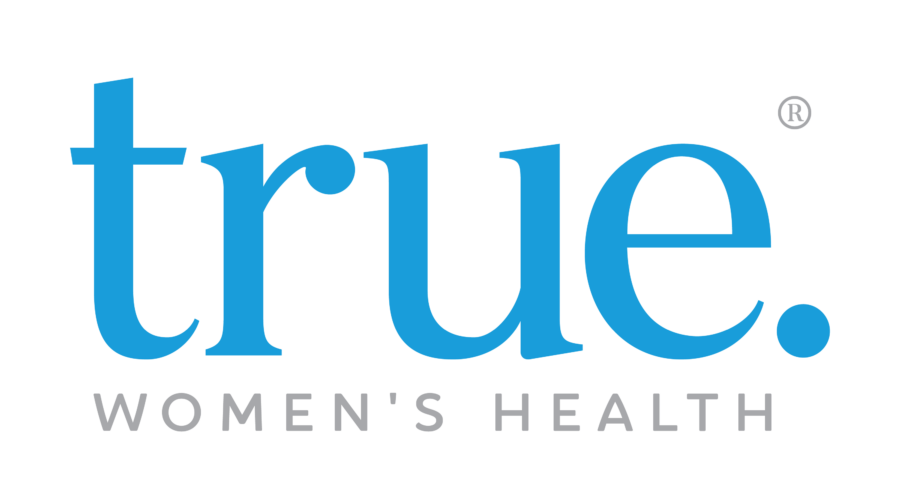5 Tips To Help You on Your Weight-Loss Journey
The good news is that you can take steps to stop new hair cells from being activated and combat increasing body fat.
- Become familiar with the glycemic index and where foods fall along the glycemic scale. The higher the number on the scale, the more likely your body will turn that particular food into belly fat.
- Take small servings of complex (low glycemic) carbs throughout the day to stabilize your blood sugar.
- Limit simple (high glycemic) carbs toward the end of the day. Dinner should be a protein and vegetable combination.
- Incorporate low glycemic recipes into your diet.
- Maintain muscle mass or lean body weight through strength training and exercise.
At true. Women’s Health, our Certified Menopause Practitioners have extra training in how hormones affect your health, and we can help you with all your questions about belly fat, chin hair, and more!







